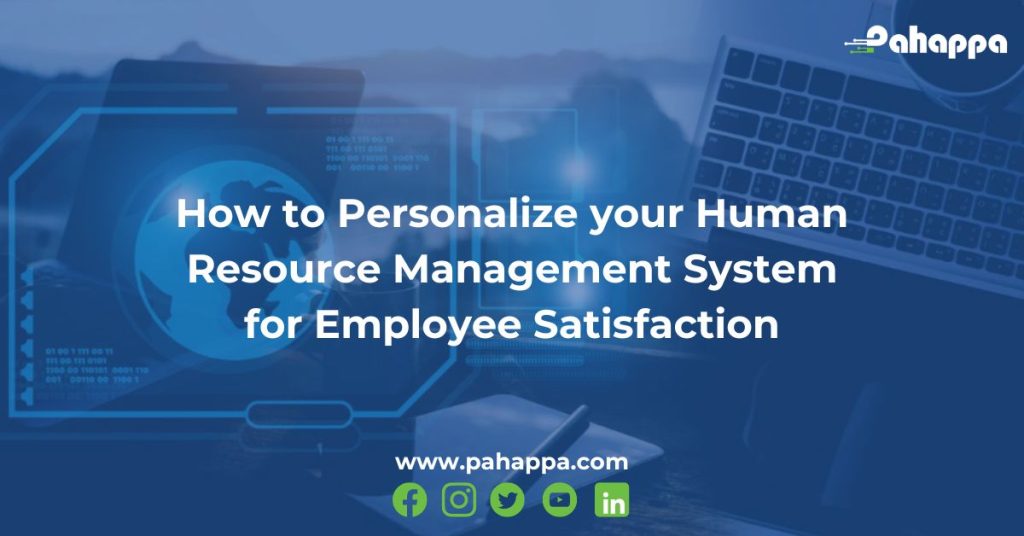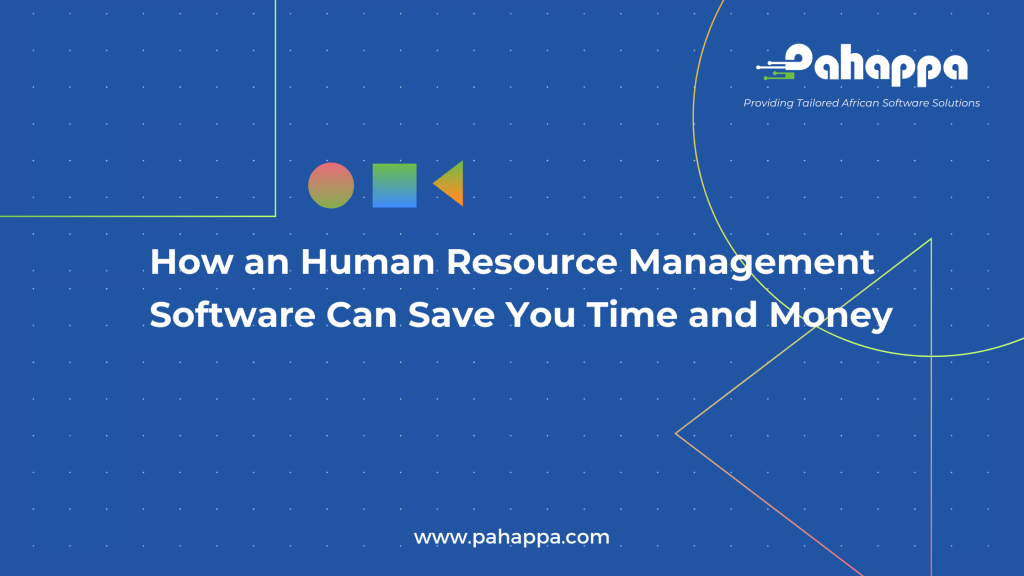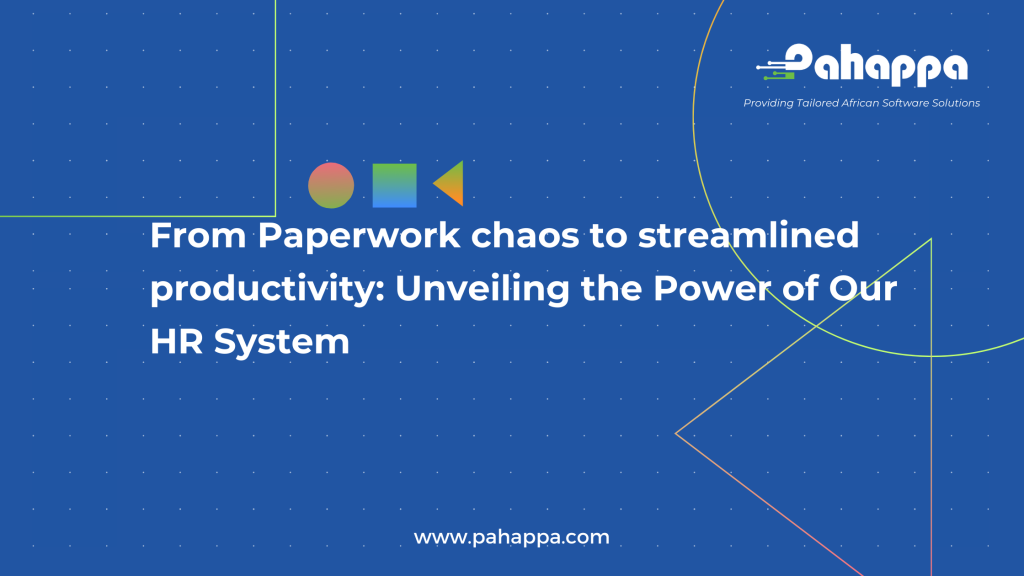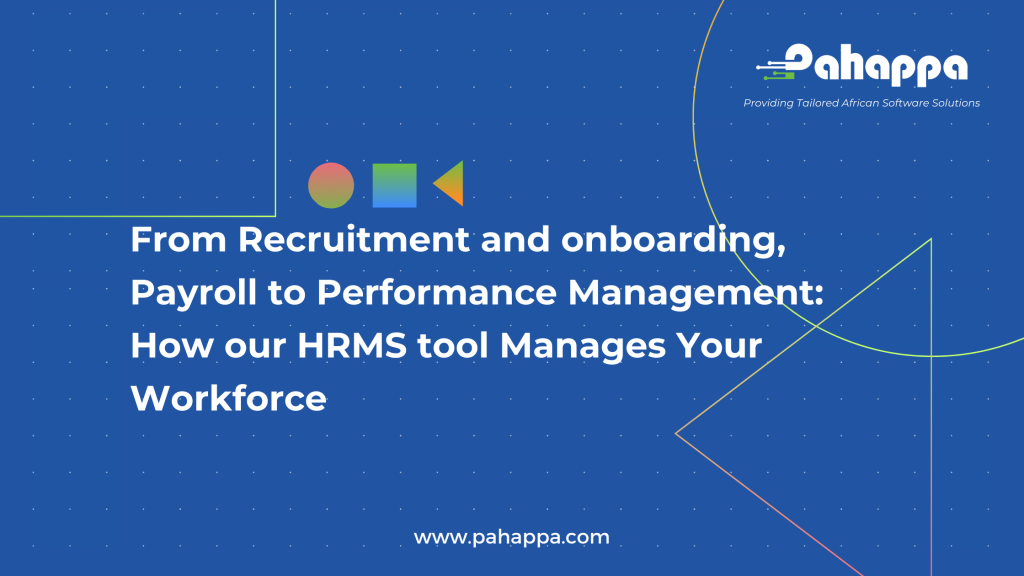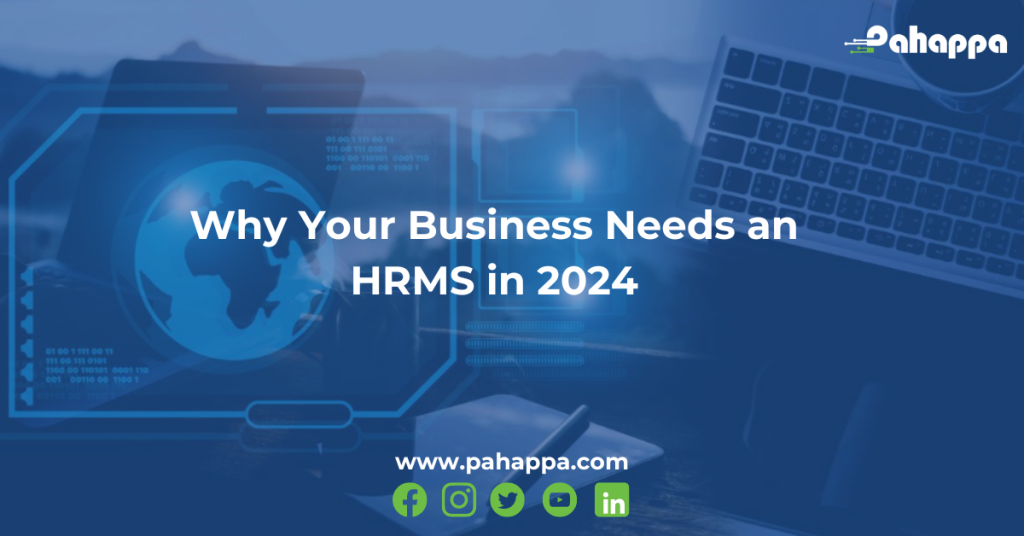Did you know that personalizing your Human Resource Management System (HRMS) can significantly enhance employee satisfaction? A tailored HRMS addresses individual needs, fosters a positive workplace culture, and boosts overall productivity. Every company or organization has a different way of handling their human resource. With a tailored HRMS, you can ensure that your employees comfortably interact with the system in a way they are used to and can adapt to. Here’s how you can personalize your HRMS effectively, with relatable examples to illustrate each point.
1. Customized Onboarding Experiences
Personalizing the onboarding process ensures that new employees feel welcomed and integrated from day one. Tailor the onboarding steps to fit different roles and departments, and provide relevant information and training.
Example: Imagine a tech company, where new software developers receive a customized onboarding portal with role-specific training modules, access to a mentor program, and a detailed project roadmap. This personalized approach helps them quickly adapt to their new environment and understand their responsibilities.
2. Individual Development Plans
An HRMS can be customized to create and track individual development plans (IDPs) for each employee. These plans should align with both organizational goals and personal career aspirations.
Example: Imagine Emily, a marketing specialist, has an IDP that includes specific goals like completing a digital marketing certification and attending industry conferences. The HRMS tracks her progress and provides resources and reminders, ensuring she stays on track and feels supported in her career growth.
3. Tailored Performance Management
Performance reviews should be tailored to reflect individual roles and contributions. An effective HRMS allows managers to customize evaluation criteria and feedback mechanisms.
Example: Imagine sales representatives are evaluated based on their sales targets, client acquisition, and customer feedback. The HRMS provides a platform for managers to give personalized feedback and set achievable goals, making the appraisal process more relevant and motivating.
4. Personalized Recognition Programs
Recognizing employees in ways that resonate with them personally can significantly boost morale and satisfaction. An HRMS can facilitate personalized recognition programs by tracking employee achievements and preferences.
Example: Imagine David, an engineer, prefers public recognition for his innovative solutions. The HRMS allows managers to easily share achievements company-wide through internal newsletters and social media channels, giving David the acknowledgment he values.
5. Flexible Work Arrangements
Personalization also involves offering flexible work arrangements that cater to individual needs. An HRMS can manage various work schedules, remote work options, and time-off requests efficiently.
Example: Creative Designs Agency uses their HRMS to offer flexible work hours and remote work options. Sarah, a graphic designer, prefers working remotely twice a week to balance her work and personal life. The HRMS seamlessly tracks her schedule and ensures her availability aligns with team needs, leading to higher job satisfaction.
6. Customized Benefits and Wellness Programs
An HRMS can manage and offer a range of benefits that cater to the diverse needs of your workforce, including health and wellness programs tailored to individual preferences.
Example: Imagine a company where employees can choose from a variety of health and wellness benefits through the HRMS. John, an employee, who is keen on fitness, opts for a gym membership and wellness coaching. This personalized benefits package contributes to his overall well-being and job satisfaction.
7. Enhanced Communication Channels
Effective communication is key to employee satisfaction. An HRMS can be personalized to improve communication channels, ensuring employees receive information in their preferred manner.
Example: Imagine a company that uses their HRMS to facilitate communication through multiple channels, including email, chat, and mobile notifications. Maria, an employee, who often travels for work, prefers receiving updates via mobile app notifications, ensuring she stays informed and connected.
Personalizing your Human Resource Management System is crucial for enhancing employee satisfaction. By customizing onboarding experiences, development plans, performance management, recognition programs, work arrangements, benefits, and communication channels, you can create a supportive and engaging work environment. Investing in a tailored HRMS not only meets individual employee needs but also drives organizational success by fostering a happy and productive workforce. To learn more about our customized HRMS tool, visit us here.


